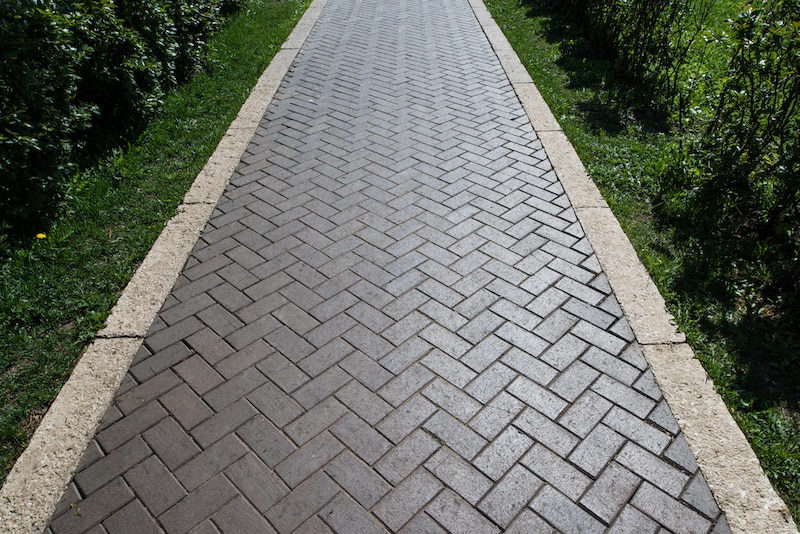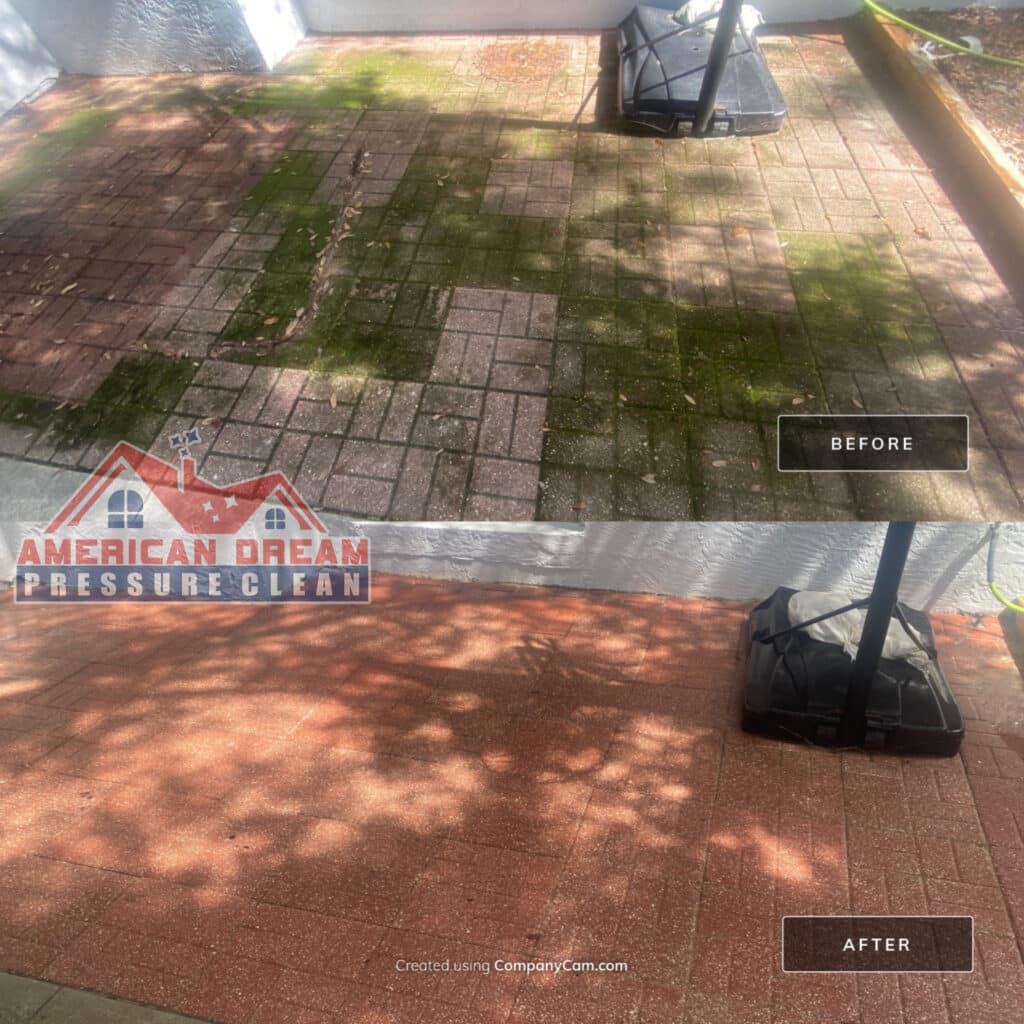Email Us
contact@adpressureclean.com
Mon - Sun: 8am - 8pm
Quotes Always Available!
(813) 822-5326
Give us a ring!
contact@adpressureclean.com
Quotes Always Available!
Give us a ring!
Paver sealants play a crucial role in maintaining the beauty and integrity of outdoor spaces. Particularly in Tampa, where the climate poses unique challenges, understanding the science behind paver sealants can help homeowners make informed decisions. This article delves into the chemistry of paver sealants, their benefits, and how to choose and apply the right sealant for Tampa’s environment.
One of the primary reasons homeowners invest in paver sealants is for aesthetic enhancement. Paver sealants can significantly enhance the color and texture of the pavers, giving them a glossy or matte finish depending on the type of sealant used. This not only improves the visual appeal but also increases the property value.
Tampa’s climate, characterized by high humidity, intense sun, and frequent rainfall, can take a toll on unsealed pavers. Paver sealants provide a protective barrier that prevents water infiltration, reduces the risk of mold and mildew, and protects against UV damage. This prolongs the life of the pavers, saving homeowners from costly repairs and replacements.
Paver sealants are typically composed of acrylics, polyurethanes, or epoxies. Each type of sealant has its unique properties and benefits. Acrylic sealants are known for their ease of application and affordability, while polyurethanes offer superior durability and resistance to chemicals. Epoxy sealants, on the other hand, provide excellent strength and are often used in commercial applications.
– Water-based Sealants: These are eco-friendly and easier to apply, making them a popular choice for residential use. They penetrate the paver surface, providing a breathable barrier that prevents moisture buildup.
– Solvent-based Sealants: These offer a more robust protective layer and are highly effective in resisting stains and chemicals. They are ideal for high-traffic areas but require careful handling due to their strong fumes.
Paver sealants work by penetrating the porous surface of the pavers, creating a chemical bond that strengthens the material. This bond helps to repel water, oils, and other contaminants, preventing them from seeping into the paver. Additionally, sealants enhance the interlock between pavers, reducing weed growth and stabilizing the surface.
The durability of paver sealants depends on the type of sealant and the conditions of the environment. Typically, a good quality sealant can last between 3 to 5 years. Regular maintenance, including cleaning and reapplication, is essential to ensure the longevity of the sealant’s protective properties.
Tampa’s climate necessitates the use of sealants that can withstand high humidity, intense sunlight, and frequent rain. Water-based sealants are often recommended due to their breathability, which allows moisture to escape from the pavers, preventing damage from trapped water.
It’s important to choose eco-friendly sealants that do not release harmful VOCs (volatile organic compounds) into the environment. Water-based sealants are typically low in VOCs, making them a safer choice for both the environment and the applicator.
Proper preparation is crucial for the effective application of paver sealants. This involves cleaning the pavers thoroughly to remove dirt, stains, and any existing sealant residue. A power washer is often used for this purpose, followed by allowing the pavers to dry completely.
Applying the sealant evenly is key to achieving a uniform finish. Depending on the type of sealant, it can be applied using a sprayer, roller, or brush. It’s essential to follow the manufacturer’s instructions regarding the number of coats and drying times between applications.
Understanding the science of paver sealants is essential for maintaining the beauty and durability of outdoor spaces in Tampa. By choosing the right type of sealant and applying it correctly, homeowners can protect their pavers from the harsh elements, enhance their appearance, and extend their lifespan. Regular maintenance and timely reapplication will ensure that the pavers remain in excellent condition for years to come.


Our Service Area
American Dream Pressure Clean
Tampa, FL 33617
(813) 822-5326
Service Area:
Tampa, St Petersburg, Wesley Chapel, Brandon, Land O’ Lakes, Lutz, Apollo Beach and surrounding areas